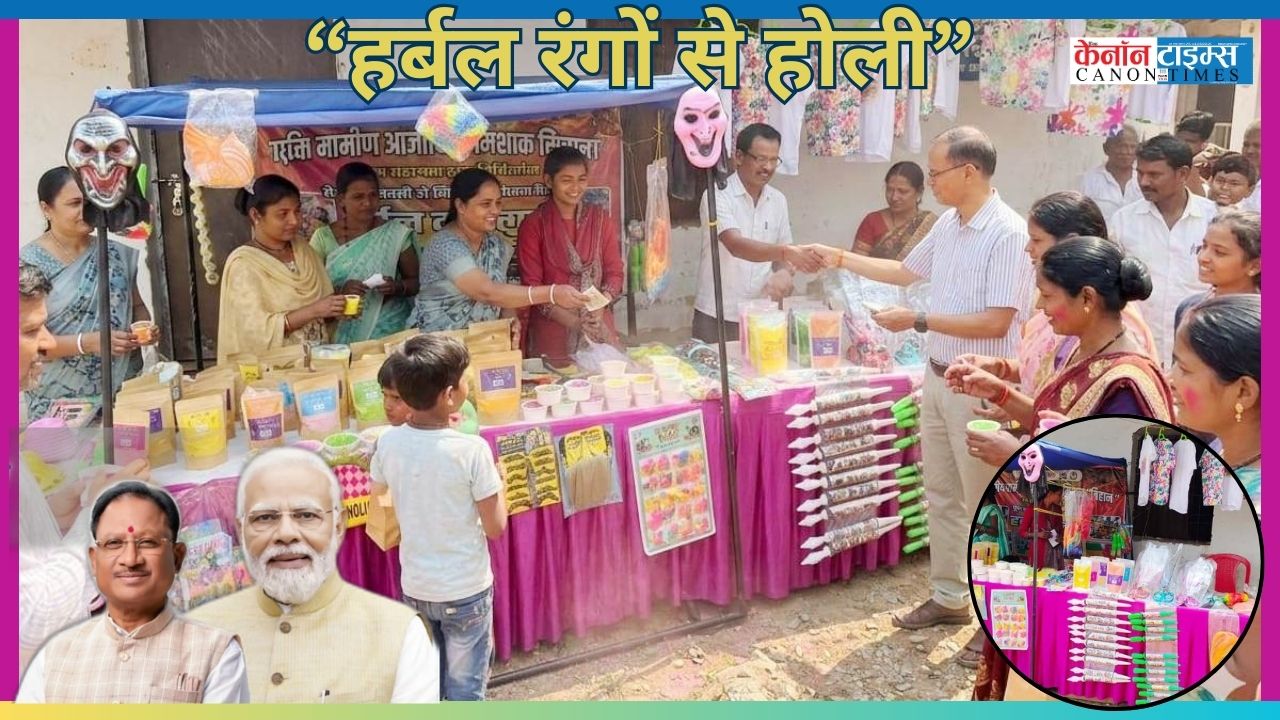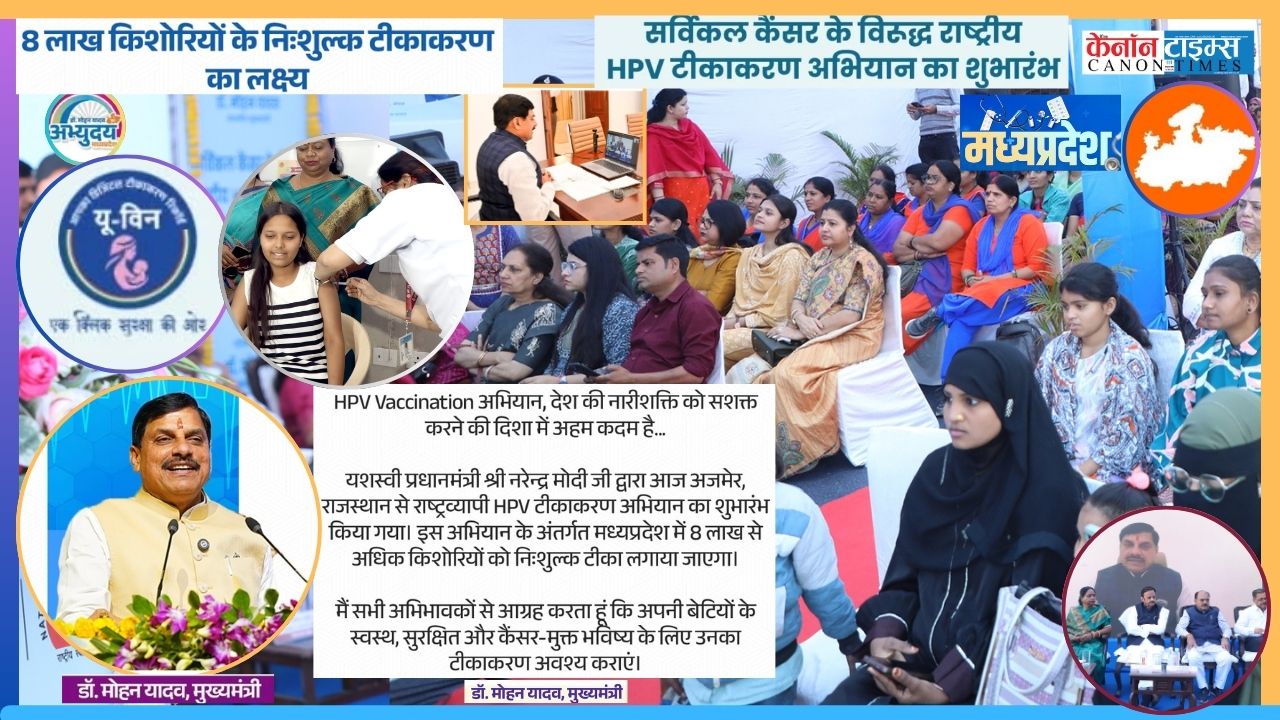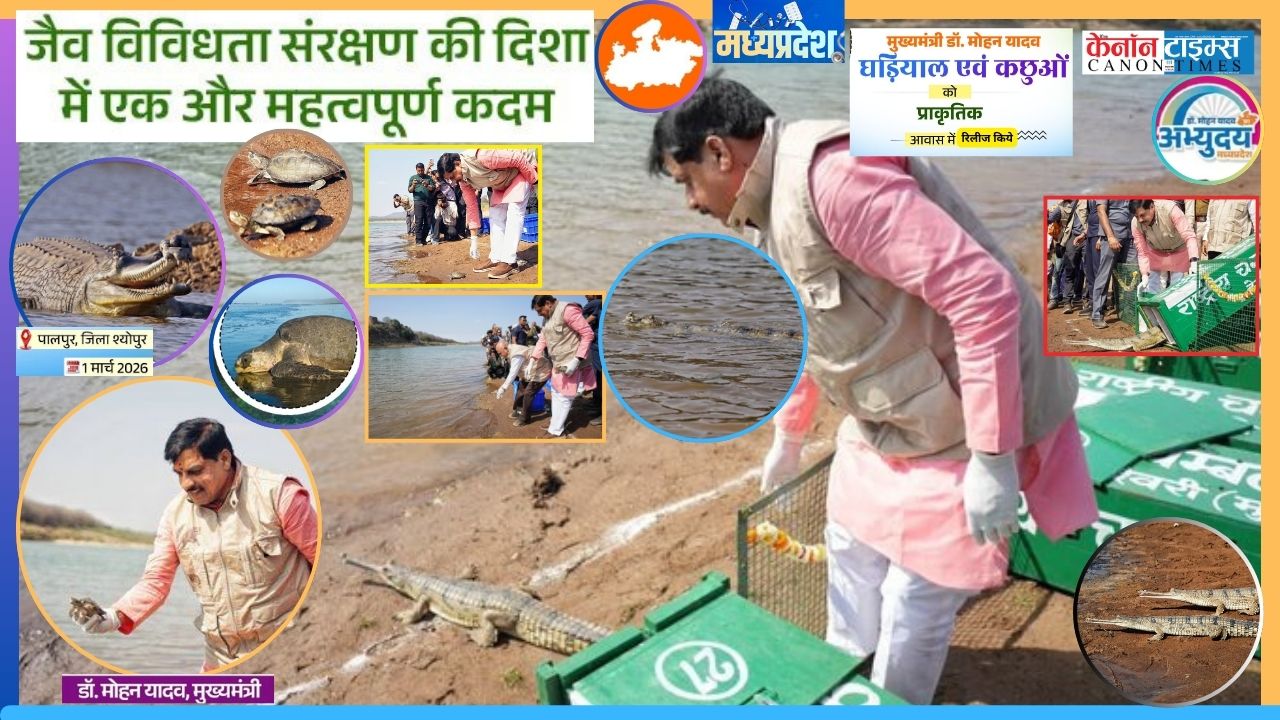During his first visit to Jammu and Kashmir (J&K), a Union territory created by splitting the former State and deprived of its unique constitutional status, Prime Minister Narendra Modi projected a positive picture of the region in 2019. Attempts were made to win over hearts with Mr. Modi’s address on March 7 at a rally in Srinagar and his interactions with local businesspeople who had benefited from central initiatives.
Although Mr. Modi presented the good turnout at his rally as support for the government’s integrationist policies during the past five years, the opposition parties have claimed that the administration brought at least some of the participants. Ahead of the Lok Sabha election, the Prime Minister also spoke to the public outside of J&K. Instead of engaging in any political outreach, he listed the ways in which his administration had increased the options available to the populace. The Prime Minister declared that people in Kashmir were “breathing free now.” Additionally, Mr. Modi took aim at the Congress and the two regional parties, the Peoples Democratic Party (PDP) and the National Conference (NC), accusing them of “self-centric dynastic politics” and “ruining” J&K for seven decades.
Kashmir has traditionally been viewed by the Bharatiya Janata Party (BJP) as an illustration of the Indian state’s indecision, which it promised to end. This view of Kashmir as a management and development problem rather than a matter of political and cultural federalism was highlighted in the Prime Minister’s speech. In order to increase job opportunities in Kashmir, Mr. Modi also pushed wealthy Indians to arrange their weddings in the Valley, urged Indians living abroad to persuade non-Indians to visit, and implored domestic visitors to purchase local goods. While the region’s development may benefit the people who have been harmed by decades of conflict, it is also crucial to restore the political and democratic rights that have been restricted since 2019. The NC and PDP leaders have voiced dissatisfaction with Mr. Modi’s visit, stating that it was like pouring salt into wounds to highlight the hollowing out of Article 370 as a success. These parties continue to represent public sentiment in Kashmir the closest, notwithstanding the Center’s possible rejection of their legitimacy. Restoring Statehood and holding Assembly elections may just be the start of Kashmir’s democratic process, which still faces many obstacles including insurgency and young detentions that recur often. In order to influence public opinion in its strongholds, the BJP will be exploiting its Kashmir policy throughout the election campaign; but, it needs also be mindful of public sentiment in the Valley.
Abhishek Verma
Author: This news is edited by: Abhishek Verma, (Editor, CANON TIMES)
Authentic news.






